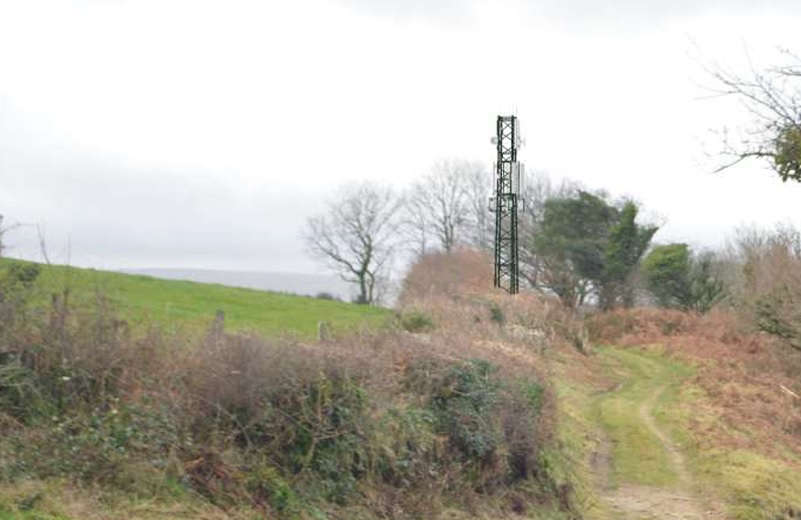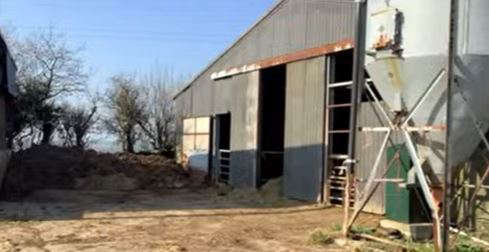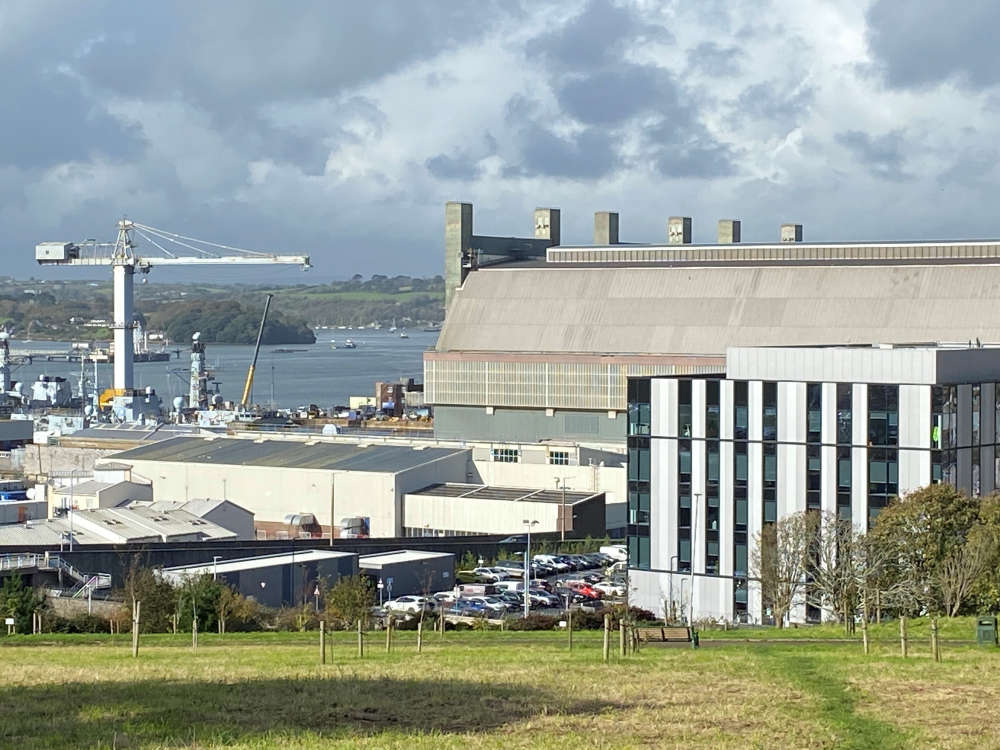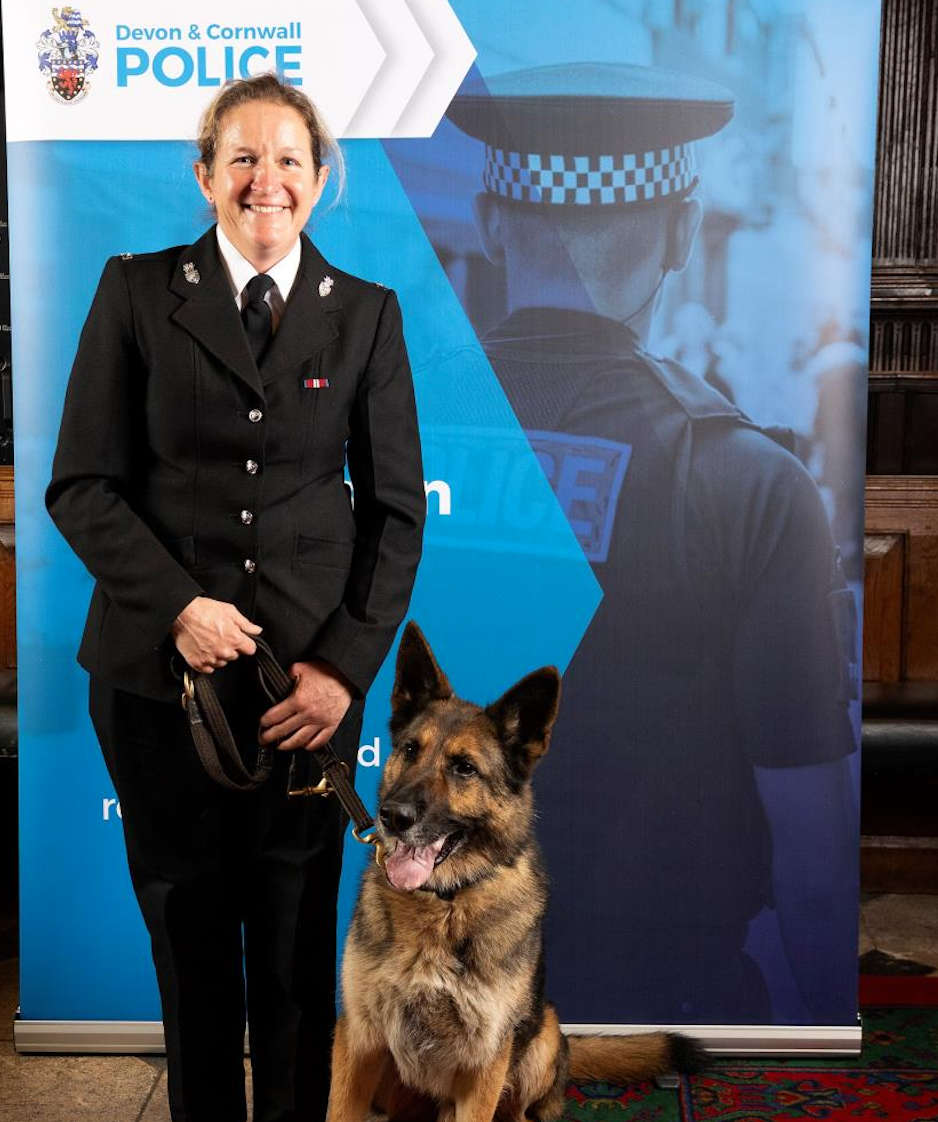
County bigwigs says lockdown won't stop covid
Devon’s senior figures have said that they would be opposed to any further lockdown restrictions being imposed in the county; saying that it wouldn’t have an impact on the spread of coronavirus.
Infection rates in the county are well below the national average – 68.4 per 100,000 compared to 98.3 per 100,000 nationwide – with Devon's figure skewed significantly by the outbreak at the University of Exeter.
Exeter’s rate of 300 per 100,000 is one of the highest in the country where no additional restrictions have been imposed, but the Team Devon Local Outbreak Engagement Board has heard that this was primarily related to the university and has not spread into the wider community.
The government is expected to announce its new three-tiered approach to lockdown restrictions next week – which could see tighter measures imposed on some areas. But Devon’s senior officials say additional measures would be unlikely to have a significant impact as long as the outbreak at the University is controlled, and that at present, the city is not in line for any local measures. Exeter currently has ten clusters, including Pennsylvania and University at 236, Central Exeter at 59 and 33 for St James’s Park & Hoopern.
Dr Phil Norrey, Devon County Council’s chief executive told the meeting that the three-tiered measures would make things cleared and removed the confusions over current restrictions and the triggers for them being imposed, they had not been what they would be, nor did they know how areas like Exeter – with a high rate but confined mainly to one setting – would be treated.
He said: “We have a relative low incidence but an area with a higher incidence of Exeter due to the university. Whether that would trigger categorisation into a high level of restrictions, we don’t know, so are waiting to see what that would bring, as well as other things to support compliance, such as the covid marshals, self-isolation payments, and additional resource for hard to reach groups.”
But he said: “As long as we feel we can manage things in the current context, we would want to avoid additional restrictions that may have an impact on communities and business, and that wouldn’t have an impact on controlling the spread of the disease or would be disproportionate given what we are already doing.
Cllr John Hart, leader of Devon County Council, said that Exeter University was their biggest worry, but that everything there is being kept under intense scrutiny and we’re holding daily incident management meetings.
He said: “”I would say to the residents of Exeter, particularly in places like St James, Newtown, St David’s and Pennsylvania, that so far our statistics do not show any evidence of the cases amongst students being spread into the wider community."
The latest ONS figures showed no new deaths in Devon for the most recent week of data, with pubic health specialist Mr Chant saying that this was primarily because the age population of those testing positive was in younger people. Dr Norrey added that just one care home in the Devon County Council area reporting an outbreak last week, and that while testing of care home staff is seeing some positives returned, this is not translating into outbreaks in care homes.
Virginia Pearson, director of public health, said that no urgent escalation measures were needed as the outbreak at Exeter University is under control. She said: “All of the plans were implemented in working to identify cases and take action in terms of student isolating and the other actions. We acted quickly and because of the University’s decision to have a private testing system, it has given us early eyes on the situation and gave us a four or five day head-start on what was going on.”
Dr Pearson said that the number of tests being carried out have increased phenomenally and added: “If we test, you see positive cases. But I don’t think that we are seeing positive cases is a bad thing, it is a good thing, and the action being taken by the university is containing the outbreak.
“Going to university and college is an important part of young people development academically and socially and no-one wants to take it away from them, but the balance has to be played out in terms of the outbreak management. I am confident with the work that is being done and we will work together to do our upmost to contain the outbreak.”
Professor Janice Kay, deputy vice chancellor of University of Exeter, told the board how the University had planned to respond to any outbreaks and to reduce the spread of covid-19 with the private Halo testing regime that they are using She said: “The testing regime has given us early eyes. The aims of the test and trace regime is to protect people and the health and wellbeing of staff and students and to minimise community transmission.”
She said every student has been given a thermometer, three washable facemasks, extensive guidance on ‘hand face space’, sanitisation and cleaning, and they have a nine stage personal check list before going onto campus, and they should only go onto campus for pre-booked activity. She added: “They have all signed a student charter and pledge, and if they break it, will subject them to warning and disciplinary action. They have been told to limit social interaction and not socialise indoors with other households, and they have been warned around breaking the rule of six.”
Prof Kay said the a long list of measures had been imposed by the university to limit face-to-face interactions, including most learning apart from practical and clinical classes being done online, no more than 30 people in any lecture theatre, mandatory wears of masks when in classes, one way systems, QR codes on desks so they know who has sat where, ventilation to reduce aerosol transmissions, and the use of marquees to increase space on campus for teaching.
In terms of student welfare, she said that students who test positive are receiving welfare support, with any follow up needs are identified and a follow up call is made 2-4 days in to the isolation. Support is being given around food delivery and a digital hamper was available for students who have tested positive, giving them a package of vouchers for Spotify, so then can use them to alleviate the boredom of being in the room, while the university is looking at further ways to address the issues of loneliness and mental health.
Around the wider return to education, Dawn Stabb, Devon County Council’s head of education, said that 93 per cent of pupils were currently in school, above the national average of 90 per cent. She said that since the full return to school in September, 315 tests of school age pupils have taken place with 18 coming back as positive, and to date, 15 schools who, following a confirmed test and Public Health England advice, have had to ask year groups or bubbles to self-isolate, although that number has risen since the data slide was produced.
More than 437 children in the Devon County Council are currently in isolation and away from their desks because of confirmed cases of covid-19 at their schools and colleges with pupils at West Clyst, Tiverton High School, Wembury, Atlantic Academy, Bickleigh Down, Axe Valley, St Lukes College, Exeter Cathedral Schools and Ivybridge Community College currently affected.
 Dartmoor phone mast gets the go-ahead
Dartmoor phone mast gets the go-ahead
 Livestock processing plant refused at Shebbear
Livestock processing plant refused at Shebbear
 Devoncast - New lives for two Devon landmarks and the mysteries of AI
Devoncast - New lives for two Devon landmarks and the mysteries of AI
 Two Devon warships could be sold to Brazil
Two Devon warships could be sold to Brazil
 Devon police dog honoured
Devon police dog honoured
 Schizophrenic knifeman given indefinite hospital order
Schizophrenic knifeman given indefinite hospital order
